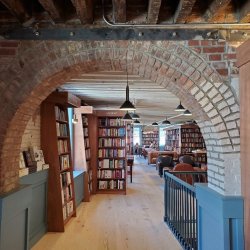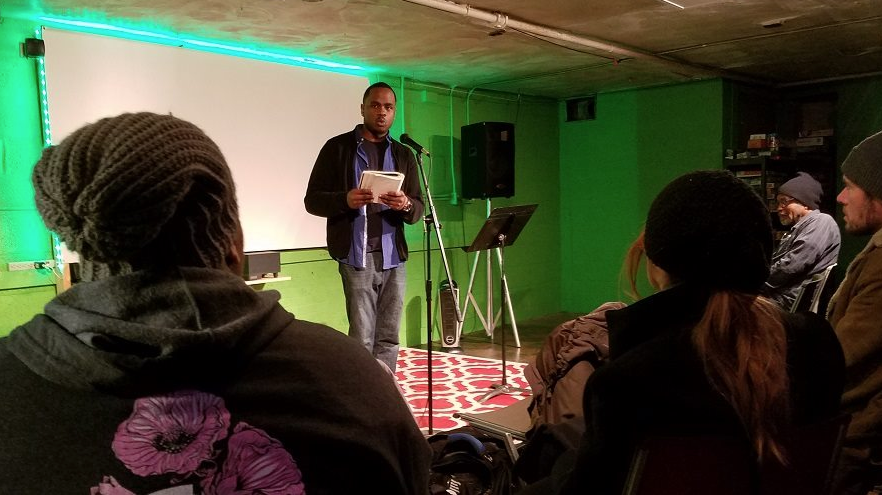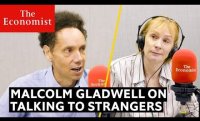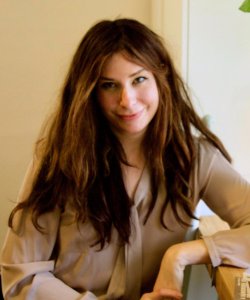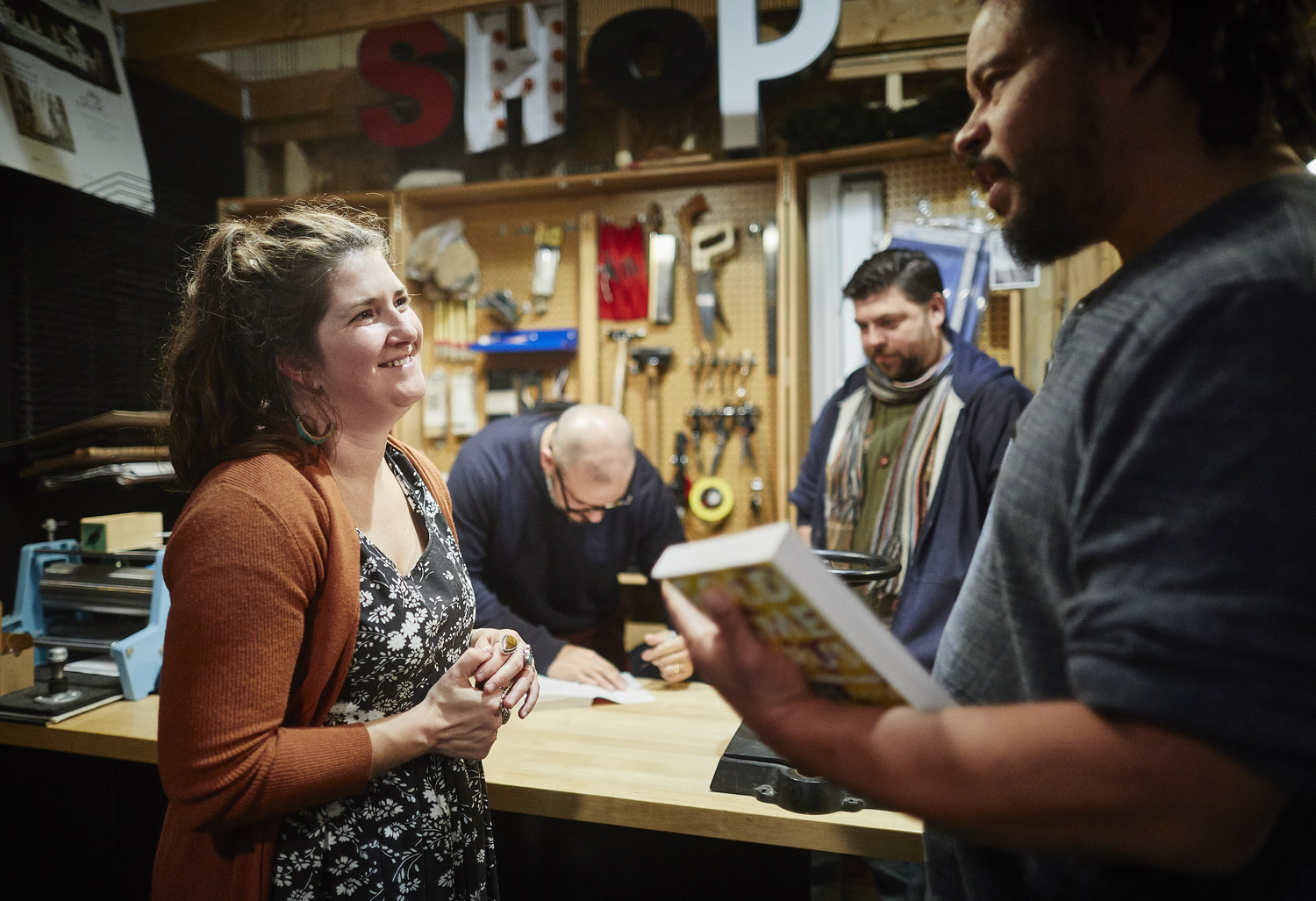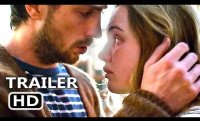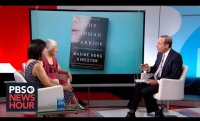Submissions are open for the third annual Whiting Literary Magazine Prizes. Launched in 2017, the prizes recognize publications that “actively nurture the writers who tell us, through their art, what is important.”. Three prizes will be given to print magazines and two to magazines publishing primarily online. Print publications can win up to $60,000, $30,000, and $15,000; digital publications can win up to $30,000 and $9,000.
Across all categories, the award is dispensed over three years. Each magazine will receive an outright grant in the first year, followed by matching grants in the second and third years. The Whiting Foundation will also connect all recipients to expert advisors for consultation in matters such as fund-raising and marketing, and help organize meetings throughout the year for the winners to discuss shared challenges.
This year the application for the prizes will include two rounds of review. Magazines are invited to submit a short-form application using the online portal by December 2. In February 2020 a limited number of applicants will be invited to complete an expanded application due in early April. There is no entry fee. Visit the website for complete guidelines and eligibility requirements.
The Whiting Foundation hopes the financial and professional support offered by the grants will help the winners develop and achieve ambitious goals. Courtney Hodell, the foundation’s director of literary programs, notes the long-term results: “As the prize continues to mature, we see more clearly how critical these intrepid magazines are to developing and building healthy careers,” she says. “Supporting magazines benefits the entire literary landscape.”
The 2019 print prizes went to the Common, American Short Fiction, and Black Warrior Review. The Margins and the Offing received the digital prizes.
Founded in 1963, the Whiting Foundation believes in “identifying and empowering talented people as early as possible in their creative and intellectual development.” In addition to the Literary Magazine Prizes, every year the organization honors emerging writers in fiction, nonfiction, poetry, and drama with the Whiting Awards, and supports nonfiction writers completing works-in-progress with the Whiting Creative Nonfiction Grants.
